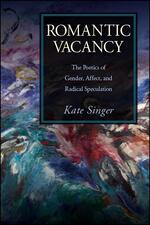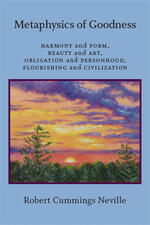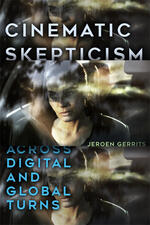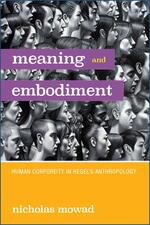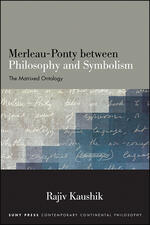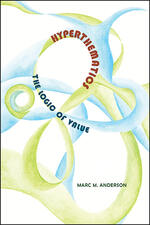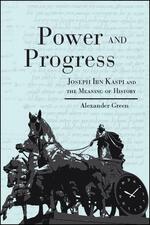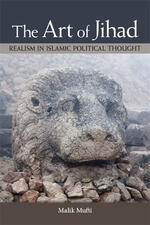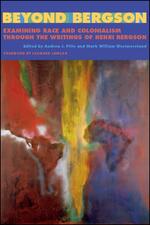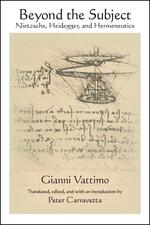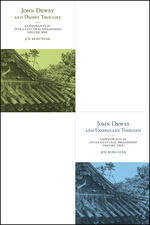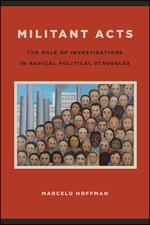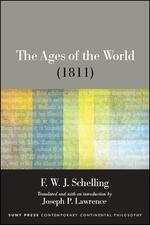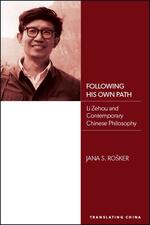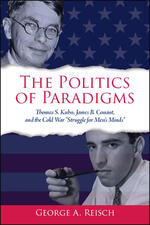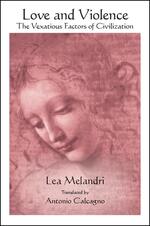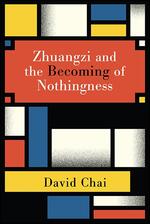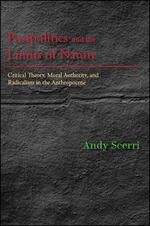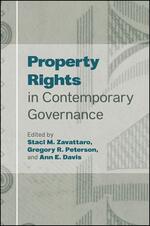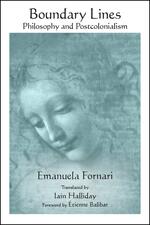Philosophy
Being Measured
Advances an interpretation of Aristotle’s theory of truth in terms of accurate measurement.
Romantic Vacancy
Examines the concept of a poetics of vacancy in Romantic-era literature.
Metaphysics of Goodness
Develops a theory of culture based on a metaphysics that elaborates on the Platonic and Confucian traditions.
Cinematic Skepticism
Drawing on the film-philosophies of Stanley Cavell and Gilles Deleuze, argues that skepticism is an ethical problem that pervades contemporary film.
Bergson and History
Explores the philosophy of history of Henri Bergson and shows its relevance to contemporary historical thought.
Meaning and Embodiment
Examines Hegel's insights regarding the complexity and significance of embodiment in human life, identity, and experience.
Merleau-Ponty between Philosophy and Symbolism
Argues that symbolism is an important and unique element of Merleau-Ponty’s phenomenology.
Hyperthematics
Presents a new and unique method for developing principles to be applied in creating and increasing value.
Power and Progress
Study of a fascinating medieval Jewish philosopher, focusing on his twin conceptions of history.
The Art of Jihad
Identifies and traces the evolution of a forgotten “realist” tradition in medieval Islamic political thought, and considers the prospects for its revival in the context of the contemporary Middle East.
Beyond Bergson
Examines Bergson’s work from the perspectives of critical philosophy of race and decolonial theory, placing it in conversation with theorists from Africa, the African Diaspora, and Latin America.
Beyond the Subject
An original reading of Nietzsche and Heidegger that paved the way for Vattimo's conception of weak thought.
Totalitarian Space and the Destruction of Aura
Diagnoses our contemporary spatial experience as fundamentally totalitarian through a multilayered critical theory of space.
Life as Insinuation
A holistic reinterpretation of Santayana’s thought in terms of a dramatic philosophy of life.
Experiments in Intra-cultural Philosophy Set (Volumes 1 and 2)
Argues that we move beyond philosophy that is simply “comparative” and uses John Dewey’s late period reflections as the basis for an alternative.
Militant Acts
Offers a history of the role of investigations in radical political struggles from the nineteenth century forward.
The Ages of the World (1811)
The first English translation of the first of three versions of this unfinished work by Schelling.
Following His Own Path
Critically introduces the philosophical system of Li Zehou, one of the most significant modern scholars of Chinese history and culture.
The Politics of Paradigms
Uncovers long-ignored political themes—ideology, propaganda, mind-control, and Orwellian history—at work within the pages of The Structure of Scientific Revolutions.
Love and Violence
A critical, philosophical engagement of the psychological structures that propagate the continued oppression of women.
Zhuangzi and the Becoming of Nothingness
Investigates the cosmological and metaphysical thought in the Zhuangzi from the perspective of nothingness.
Postpolitics and the Limits of Nature
Explores why past generations of radical ecological and social justice scholarship have been ineffective, and considers the work of a new wave of scholarship that aims to reinvent the radical project and combat injustice.
Face to Face with Animals
Explores Levinas’s approach to animal ethics from a range of perspectives.
Property Rights in Contemporary Governance
Examines how our diverse understandings of property impact real-world governing strategies.
Boundary Lines
Systematically addresses the philosophical implications of the postcolonial.

